Jelenkor is one of the most prestigious literary journals in Hungary. As often happens with small languages, literary prestige does not quite translate to a very wide reach: apart from the print version, Jelenkor‘s poems and short stories are read by a few hundred people at best. As the end of 2017 was approaching, journalist Péter Urfi set out to find the closest Hungarian equivalent to the success of “Cat Person,” Kristen Roupenian’s short story that took the internet by surprise. To Urfi’s astonishment, the winner was not only a poem instead of prose, it was not written by a writer with a significant online presence. It was Zsuzsa Takács’s “Provided we have a soul,” published in Jelenkor. More than 70,000 people read the poem and over 1,200 liked it without any significant publicity effort. The humanism, measured dignity, and accuracy of the poem might account for some of this popularity. It also speaks of the frustration many feel at the gradual, relentless dismantling of democratic institutions in the country, at once experiencing it and able to adopt the slight condescension of the token catastrophe tourist. Ultimately it is not incredibly important to pin down the reasons, as resonance is an elusive matter. The sheer power of the poem shall speak for itself.
Provided we have a soul
He’s not known to have one shape. That’s the rub.
Can we trust the one who keeps constantly changing
his appearance—Blind Hope? Now a beggar
on the corner, now a young woman, the servant who
follows her masters to Auschwitz, the Danube
Delta, Vorkuta, serving them even there: digging
up with her bare nails the roots from under
the snow, or scavenging in the dumpsters
for them. A decrepit old man telling stories to keep
our body and soul together, provided we have
a soul, and are not copulating animals only.

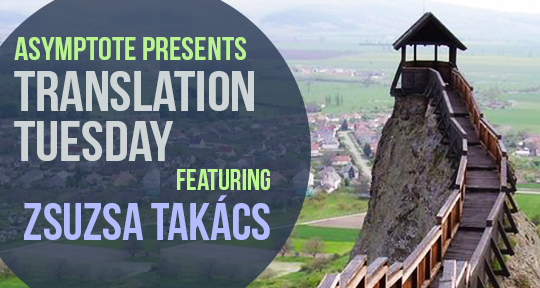
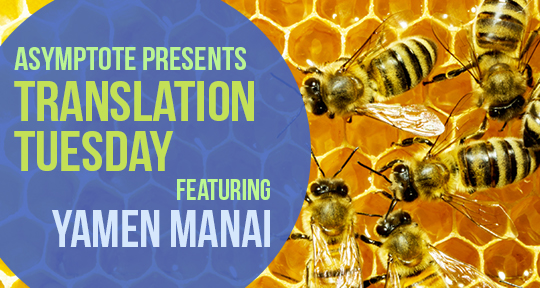
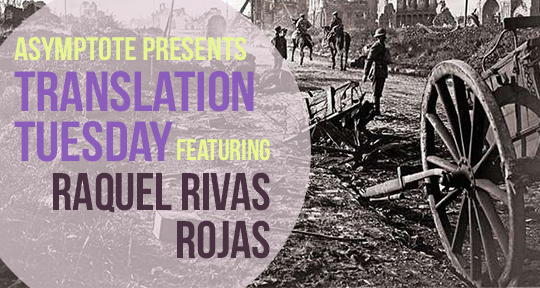

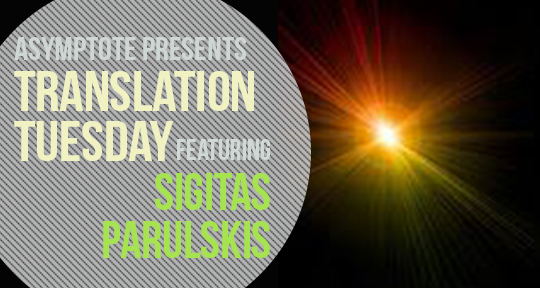
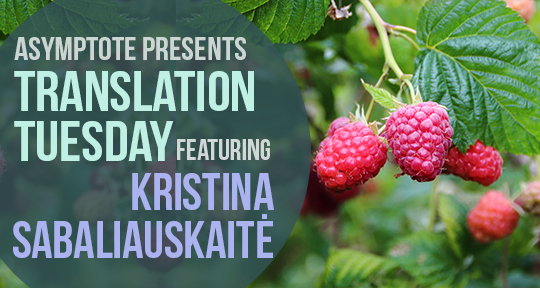
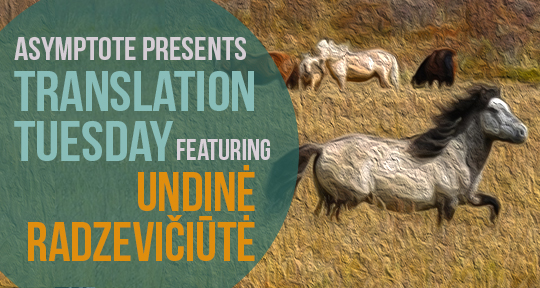
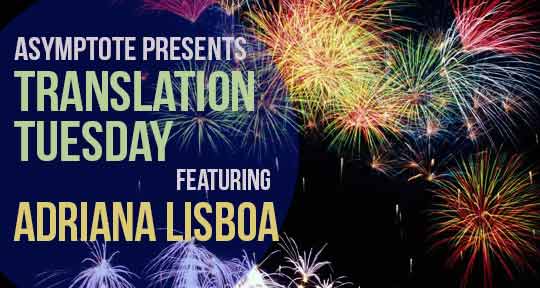
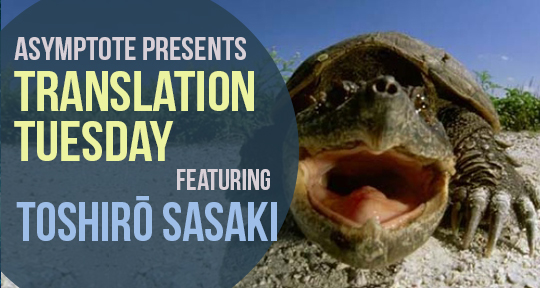
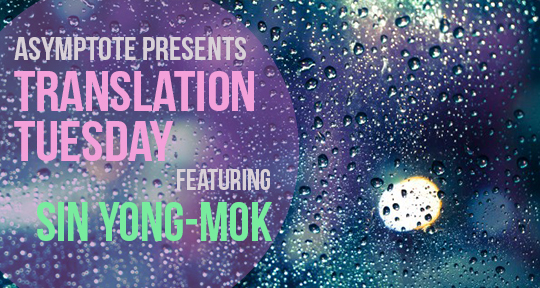
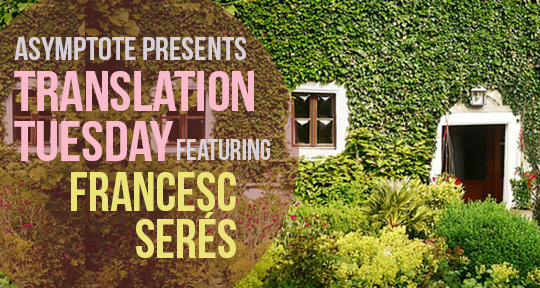
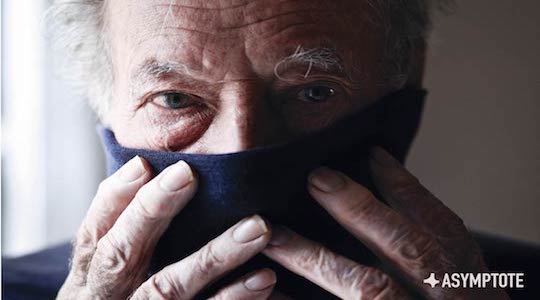
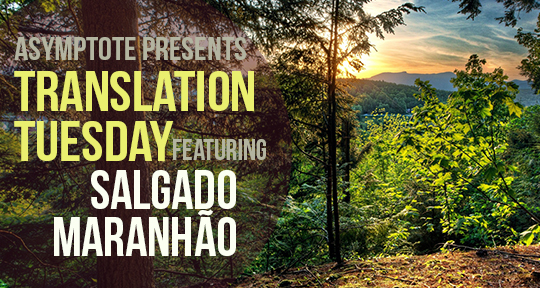
Translation Tuesday: “The Results” by Bernard Comment
"Jealousy is always a weakness, an uncertainty, a lack of confidence, every other person is a competitor, a threat."
On a check-up at a health clinic, a father and husband’s interactions with doctors are punctuated by reminiscences of love and lust for his wife. Gradually, we learn of a chilling act of violence, which leads the protagonist to a twisted reckoning with his mental and physical condition.
It’s cold. A cold that bores into you, that hasn’t let up for days, despite the big woollen jumper I never take off, even at night. Carlo tells me I should take it off for sleeping, and wrap myself up well in the blankets, so that when I get up I would add a garment to make up for the change in temperature, but one evening I tried this and my teeth chattered all night. The other men I see at lunchtime don’t seem to suffer, there’s even a guy who always walks around in a T-shirt, but admittedly he’s a burly fellow, well-padded against the cold.
The doctor made me go back to him this morning, after fasting, he wanted to do further tests, two whole syringes filled with blood, I asked to lie down because I’m always afraid of turning to look, and it’s much worse if you get to see it. The nurse smiled, although I couldn’t tell if it was from pity, sympathy, or scorn. She had difficulty finding the veins, it’s always the same, I begin to tense up, to sweat at the temples, I become dizzy and pale; when I was a teenager I passed out each time, and once I fell backwards and hit my head on a sink, was sent straight to hospital for a battery of tests, a lumbar puncture, and an idiot teacher spread it around that I’d taken an overdose, me who’s never touched the tiniest amount of an illegal substance, for fear of my reaction, and my scrupulous respect for the law.
When I had the first tests, eight months ago, the lady in the laboratory was very considerate, settling me into an armchair and telling me to look away, and to think of something pleasant; so I thought about the film I’d watched the night before, with Julie, her warm body, her breasts in my hands, her smell after making love. Then it was finished, and already I had a piece of cotton wool and then a sticking-plaster on top, whereas here everything is rougher, more brutal. I’ve been waiting for twenty minutes, standing in front of the grey door. They came to get me around six o’clock. Immediate appointment. Everything moved fast, then the iron door in the corridor clanged shut behind me, with a heavy ringing sound, and since then, nothing. The doctor must be on the telephone, I hear his voice at times, a powerful, raucous voice, but I don’t understand what he’s saying, the rooms are well insulated. I’d love to smoke a cigarette, it’s what I’ve been brooding about for a full five minutes, it’d do me good, would relax me, smoking a cigarette.
READ MORE…
Contributors:- Bernard Comment
, - Carolyne Lee
; Language: - French
; Place: - Switzerland
; Writer: - Bernard Comment
; Tags: - clinic
, - condition
, - family
, - french
, - health
, - hospital
, - love
, - lust
, - marriage
, - Short Story
, - Swiss